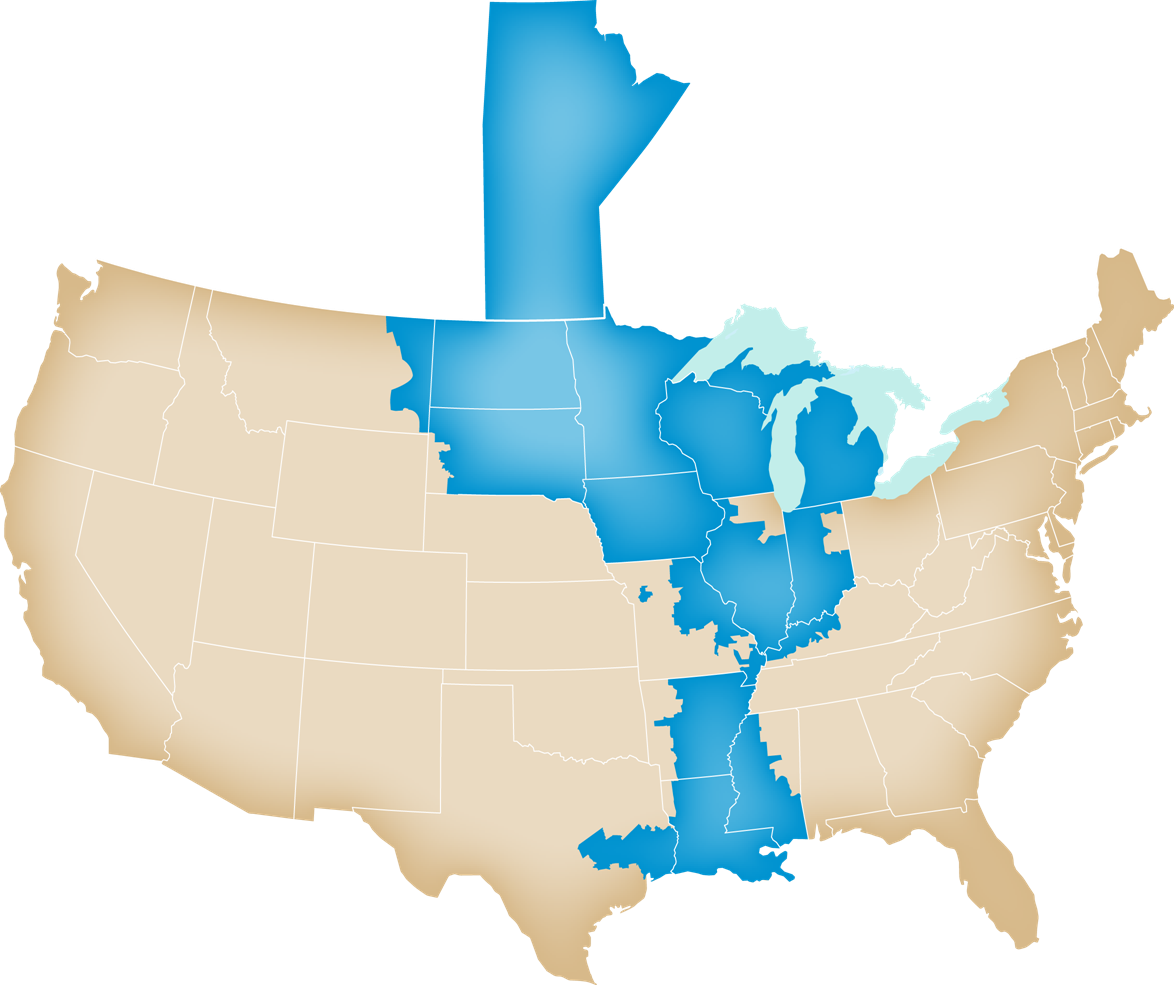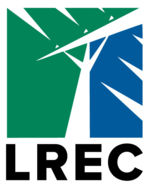Electricity is responsible for a long list of conveniences of modern life: a charged phone, hot coffee, air conditioning, and television. But, when the temperature drops below zero, dependable energy is also a matter of safety.
Historic cold weather across the country in mid-February drove up demand for natural gas and electricity to such an extent that some regions experienced rotating power outages, also known as rolling blackouts. Rolling blackouts are used to reduce the demand on the grid in order to prevent uncontrolled outages of greater magnitude.
 Throughout the cold snap Lake Region Electric Cooperative was in frequent communication with our wholesale power provider, Great River Energy (GRE). Rolling blackouts were never needed in our region, which is served by the northern half of the Midcontinent Independent System Operator (MISO) wholesale power market. In parts of North Dakota and Moorhead, which are part of a different power market, rolling blackouts did occur.
Throughout the cold snap Lake Region Electric Cooperative was in frequent communication with our wholesale power provider, Great River Energy (GRE). Rolling blackouts were never needed in our region, which is served by the northern half of the Midcontinent Independent System Operator (MISO) wholesale power market. In parts of North Dakota and Moorhead, which are part of a different power market, rolling blackouts did occur.
GRE operates an electric system designed to provide reliable electricity in extremely cold weather, and it performed well. In fact, Minnesota endured the frigid temperatures with few issues. GRE used two primary strategies to handle the extreme cold.
Producing More Electricity
Each year, GRE employees complete training on the proper protocols to respond when MISO declares a “capacity and energy event” like the one that occurred in mid-February.
Great River Energy’s power supply resources—which include coal, gas, and fuel oil based power plants as well as wind energy resources—performed as planned for extreme weather events. The coal-based Coal Creek Station and Spiritwood Station operated throughout the cold weather with no issues. Great River Energy’s peaking stations operated as designed, injecting electricity onto the grid quickly and dependably when needed.
Most of Great River Energy’s peaking plants are “dual fuel” facilities, which means they can operate on fuel oil when demand for natural gas is heightened. “Fuel oil operation was absolutely critical this month,” said GRE Vice President and Chief Power Supply Officer Jon Brekke. “Natural gas supply was particularly strained due to the additional demand for home heating. Fuel oil back-up ensured we could operate our peaking plants at all hours.”
Reducing Energy Needs
Great River Energy deployed its demand response programs — a strategy that reduces demand for electricity during events such as a polar vortex. More than 200,000 cooperative members throughout the state participate in these voluntary programs, which allow GRE and member cooperatives to temporarily interrupt water heaters, space heaters, or other electric loads for a period of hours on high-demand days.
The cooperatives collectively reduced hundreds of megawatts of electricity demand over a few days, which alleviated stress on the electric grid and allowed GRE to avoid expensive purchases from the energy market during both morning and evening peak periods.
“Our members went above and beyond the norm and controlled peak shave water heat during those few mornings, which is not typically planned,” said Josh Hebert, load management specialist at GRE, referring to a program that allows cooperatives limited control over member-consumers’ electric water heaters. “Overall, we were well prepared to handle these system conditions. Our programs operated correctly and played an important role in maintaining reliability. The strong performance showed how strategic load management can help reduce costs and position our portfolio for the future.”
Extreme weather requires extra effort to keep electricity reliable, but LREC is prepared to keep the lights on even when temperatures stay below zero for weeks.
 Lake Region Electric Cooperative
Lake Region Electric Cooperative